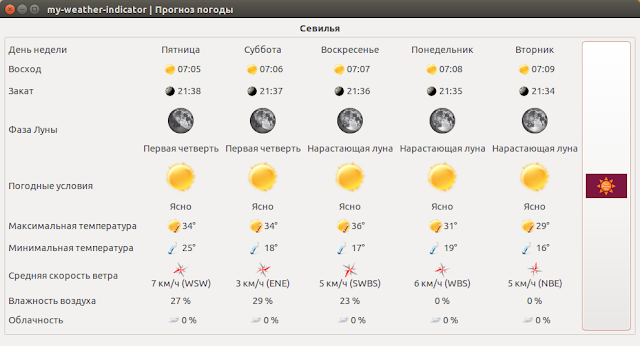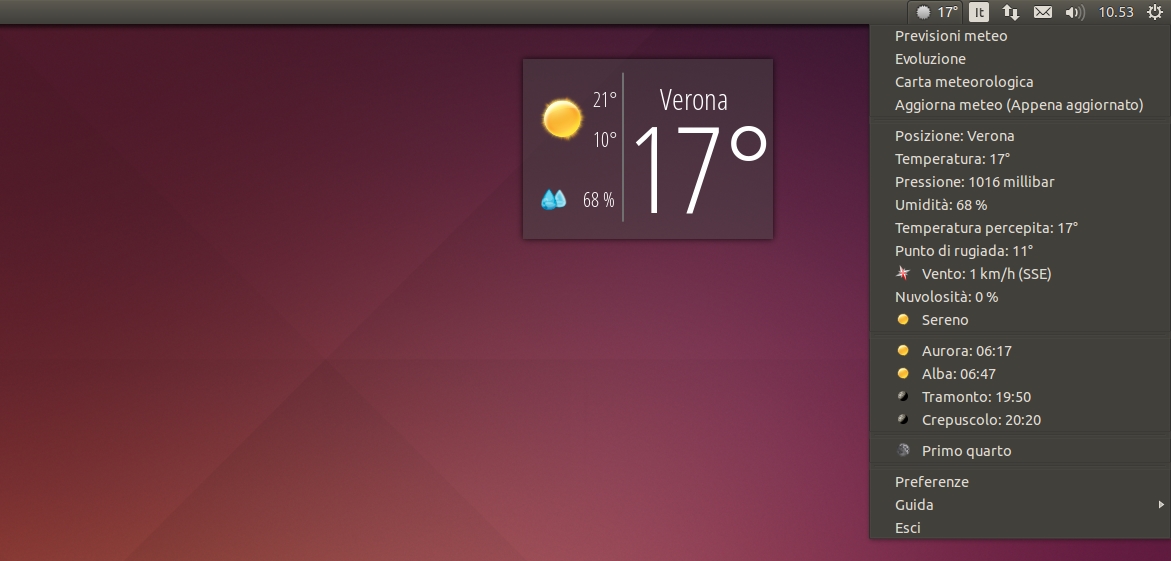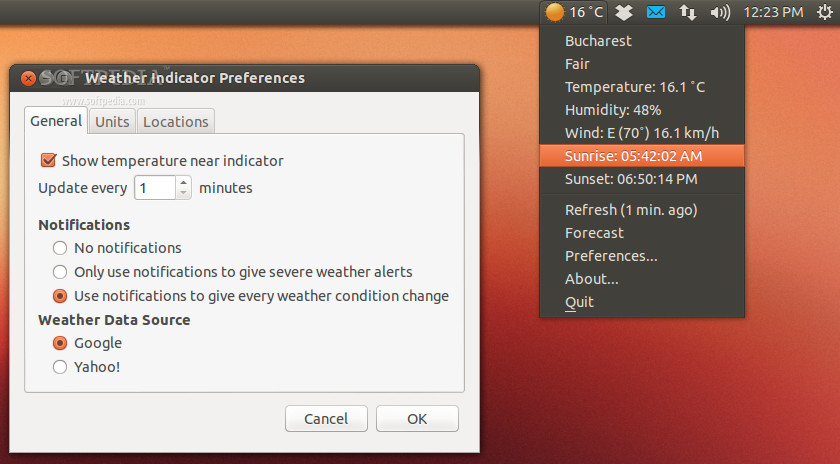

He argued that anonymity is preserved because Canonical servers mediate the communication between Unity and Amazon and users could trust Ubuntu. He posted "the Home Lens of the Dash should let you find *anything* anywhere" and that the shopping lens is a step in that direction. On 23 September 2012, Mark Shuttleworth defended the feature. The feature is active by default (instead of opt-in) and many users could be unaware of it. Many reviewers criticized it: as the home lens is the natural means to search for content on the local machine, reviewers were concerned about the disclosure of queries that were intended to be local, creating a privacy problem. If the user clicks on one of these results and then buys something, Canonical receives a small commission on the sale. As of October 2012, it sends (through a secure HTTPS connection) the user's queries from the home lens to, which then polls to find relevant products Amazon then sends product images directly to the user's computer (initially, through unsecured HTTP). One of the new features of Unity in Ubuntu 12.10 is the shopping lens. None of Ubuntu's official derivatives ( Kubuntu, Xubuntu, Lubuntu, or Ubuntu GNOME) include this feature or any variation of it. Starting with Ubuntu 13.10, online search queries are sent to a Canonical web service which determines the type of query and directs them to the appropriate third-party web service. Out of the box, it can query Google Docs, Ubuntu One Music Store, YouTube, Amazon, and social networks (for example, Twitter, Facebook, and Google+). Dash supports search plug-ins, known as Scopes (formerly Lenses). It enables searching for applications and files.
#Ubuntu 16.04 simple weather indicator software
Unlike GNOME, KDE Software Compilation, Xfce, or LXDE, Unity is not a collection of applications. It was initially designed to make more efficient use of space given the limited screen size of netbooks, including, for example, a vertical application switcher called the launcher, and a space-saving horizontal multipurpose top menu bar. It was part of the Ayatana project, an initiative with the stated intention of improving the user experience within Ubuntu.

Ubuntu Unity and Unity7 Maintainers have started working on the successor of Unity7, UnityX. Unity7 is the default desktop environment in Ubuntu Unity, an official flavor of Ubuntu since 2022. Since 2017, its development was taken over by the Unity7 Maintainers (Unity7) and UBports (Lomiri, formerly known as Unity8). It debuted in 2010 in the netbook edition of Ubuntu 10.10.

Unity is a graphical shell for the GNOME desktop environment originally developed by Canonical Ltd.


 0 kommentar(er)
0 kommentar(er)
